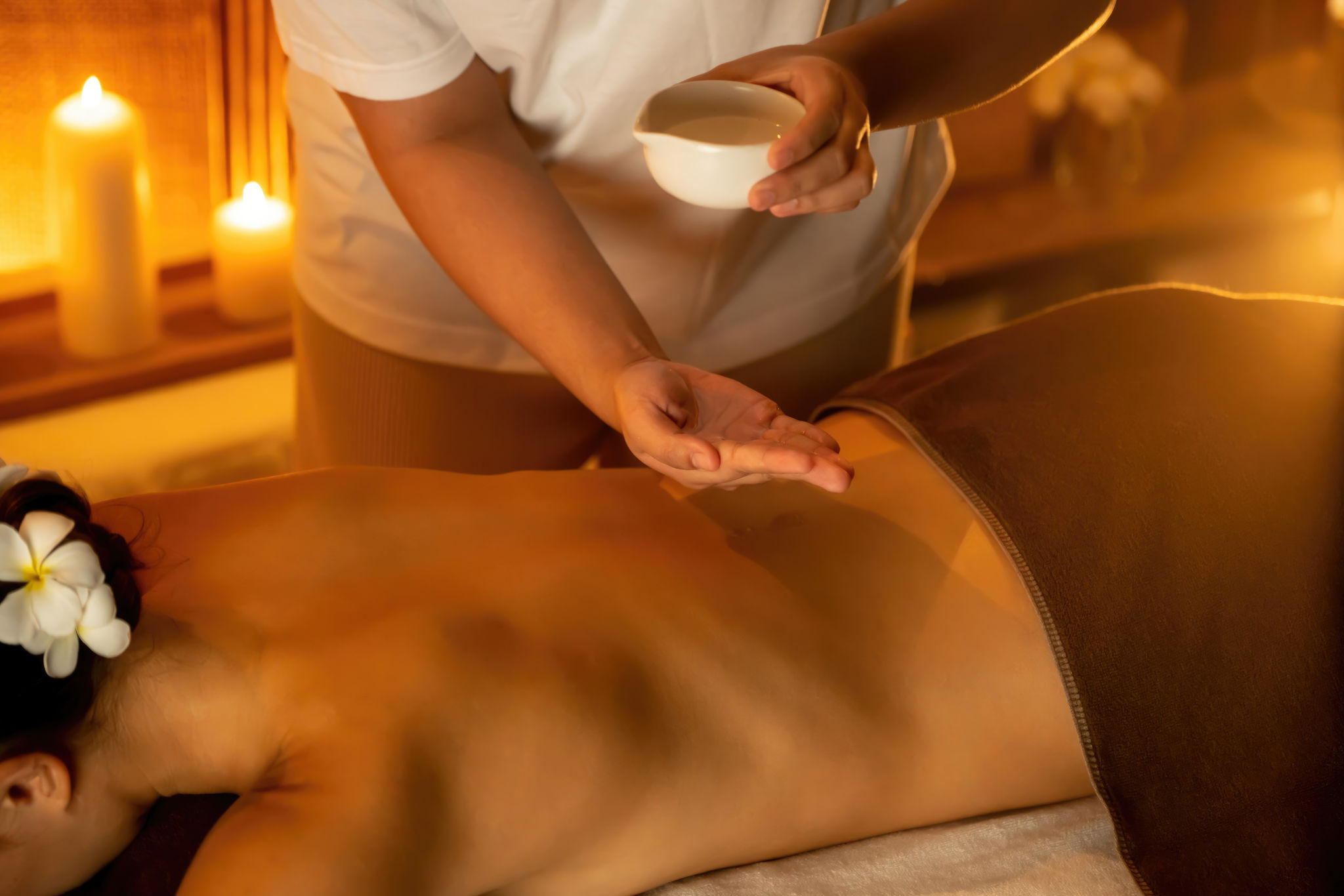A Beginner’s Guide to Thai Massage: What to Expect and How It Can Benefit You
Understanding Thai Massage
Thai massage is an ancient healing practice that combines acupressure, Indian Ayurvedic principles, and assisted yoga postures. It is often described as “lazy man's yoga” because the therapist moves and stretches you into different positions. Unlike traditional massages, Thai massage is performed on a mat on the floor, and you remain fully clothed during the session.

What to Expect During a Session
When you arrive for your Thai massage, you'll be asked to wear loose, comfortable clothing to allow for ease of movement. The practitioner will guide you through a series of stretches and apply rhythmic pressure along your body's energy lines. Expect a combination of pressing, pulling, stretching, and rocking movements throughout the session.
The therapist may also use their hands, elbows, knees, and feet to apply pressure. You might experience sensations of relaxation and invigoration as energy blockages are released. Sessions typically last from 60 to 120 minutes, depending on your preference.
The Benefits of Thai Massage
Thai massage can offer numerous physical and mental benefits. Regular sessions can improve flexibility, joint mobility, and circulation. Additionally, it is known to reduce muscle tension and relieve stress. For those experiencing chronic pain, Thai massage can be a natural way to alleviate discomfort.

Physical Benefits
- Improved Flexibility: The stretching techniques help lengthen muscles and enhance joint range of motion.
- Enhanced Circulation: By promoting blood flow, Thai massage supports the delivery of oxygen and nutrients to body tissues.
- Pain Relief: The deep pressure applied can relieve chronic pain conditions like back pain and arthritis.
Mental Wellbeing
Beyond the physical advantages, Thai massage also offers mental health benefits. It promotes relaxation and reduces stress levels, contributing to a better overall sense of well-being. The meditative nature of the massage encourages mindfulness and helps clear the mind from daily distractions.
How to Prepare for Your First Session
If you're new to Thai massage, it's important to prepare adequately. Here are some tips for your first session:
- Stay Hydrated: Drink plenty of water before and after your session to help flush out toxins and stay hydrated.
- Communicate: Let your therapist know about any injuries or areas of concern.
- Relax: Try to remain open to the experience and relax your body as much as possible.

Finding a Qualified Practitioner
Selecting a skilled practitioner is crucial for a positive experience. Look for certified therapists with training from reputable schools or organizations. You can also ask for recommendations from friends or read online reviews to ensure you choose someone who meets your needs.
In conclusion, Thai massage offers a unique blend of physical and mental benefits. Whether you're seeking relief from pain or simply wish to unwind, it can be a rewarding addition to your wellness routine. By knowing what to expect and how to prepare, you can make the most out of your first session.
